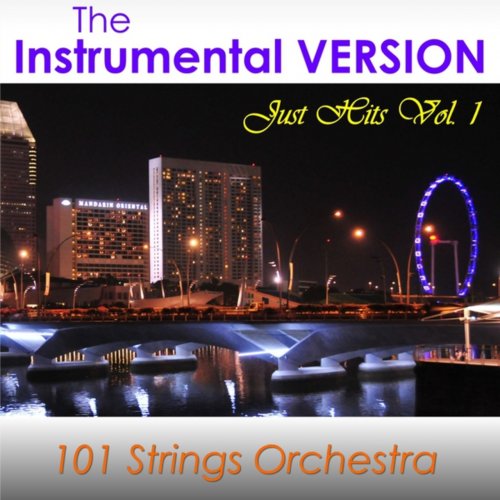Joachim Carlos Martini - Handel: Semele (2008)
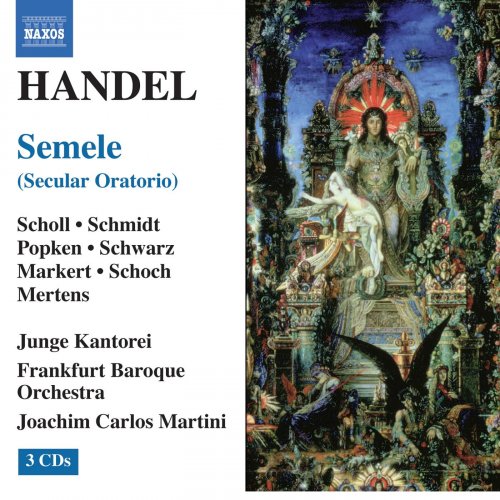
Artist: Joachim Carlos Martini
Title: George Frideric Handel: Semele
Year Of Release: 2008
Label: Naxos
Genre: Classical
Quality: FLAC (image + .cue, log, artwork)
Total Time: 03:00:39
Total Size: 753 MB
WebSite: Album Preview
Title: George Frideric Handel: Semele
Year Of Release: 2008
Label: Naxos
Genre: Classical
Quality: FLAC (image + .cue, log, artwork)
Total Time: 03:00:39
Total Size: 753 MB
WebSite: Album Preview
The prime requirement of any recording of Handel’s Semele is to have the title role performed with style and charm. It is important that we understand the appeal of the character, in what Winton Dean called Handel’s ‘sex kitten’ roles. It goes without saying that the singer must be able to sing the role’s trickier passages with ease. It’s difficult to be charming and appealing if you are labouring over the notes. On disc singers such as Norma Burrowes (for John Eliot Gardiner), Kathleen Battle (for John Nelson) and Rosemary Joshua (for Christian Curnyn) have shown us how it should be done and on stage, for me, Valerie Masterson reigned supreme.
This new disc from Naxos extends their rather variable Handel oratorio sequence with an account of Semele from Joachim Carlos Martini and the Frankfurt Baroque Orchestra. The recording is one which was recorded live at Kloster Eberbach, another series which has been rather variable. The title role is taken by Elizabeth Scholl and though she sings capably, she sounds a little taxed by the part. Competent and rather lacking in charm, her performance is not helped by the relatively close miking of the soloists. Scholl has an interesting rather than beautiful voice and would make a good dramatic heroine, but fatally lacks the tonal beauty which the role needs. ‘Myself I shall adore’ needs to be sung in a way which implies vocal as well as physical perfection.
As Jupiter, Knut Schoch has a pleasantly interesting lyric tenor voice and sings ‘Where e’er you walk’ with a nice feeling for line. But he does not have the type of smoothly upholstered tone which we have come to expect in the role. He also sounds a little distant from the drama; ‘Where e’er you walk’ is lovely, but he hardly convinces us that he is in love with - or even in lust with - Semele.
This is a general problem with the performance. Though competently executed it does not feel like drama. It is quite common nowadays for the role of Juno to be played with something of a twinkle in the singer’s eye. Here Annette Markert plays it completely straight, which is not necessarily a bad thing. But like Schoch, she seems to underplay the drama. Her aria, ‘Hence, Iris, hence away’ should surely ring with anger. Both Congreve and Handel give the singer plenty to work with, but Markert seems content to execute her vocal lines neatly.
Conductor Martini has chosen to split the roles of Juno and Ino, perhaps to make it easier for the audience in a concert performance, though Handel doubled the roles at the first performance. This splitting means that Markert gets all the plums and Britta Schwarz is left with the wet blanket that is Ino. Still Schwarz does her best. Though she does not stand out, she does execute her role with a quiet competency.
Some of the best singing on the disc comes from Julia Schmidt and Klaus Mertens. Schmidt plays both Iris and a Cupid. This latter role gets the Act 2 aria, ‘Come, Zephyrs, come’, which is often cut. Schmidt has an attractively focused soprano voice and seems to know how to get the best out of a Handelian vocal line, something which is missing from the other singers. Mertens is similarly attractive of voice and hard working. He sings Cadmus, Somnus and the Chief Priest of Juno. Perhaps he does not worry as much as he should about differentiating the three roles, but he certainly convinces when it comes to vocal technique and attractiveness of tone.
Athmas is something of a wimp. As with other similar roles such as Hamor in Jephtha, Athmas’s role is to act as a foil to Semele and her sister rather than to be pro-active in his own right. The recording goes for quite a full text so that Ralf Popken gets to sing ‘Despair no more’. But this is hardly an advantage as Popken seems a rather colourless singer. His voice, as recorded here, lacks tonal depth and he underplays what little drama Handel and Congreve do provide.
The Junge Kantorei acquits itself creditably as the chorus, though a number of Martini’s speeds seem rather on the slow side. Similarly the Frankfurt Baroque Orchestra provides a crisp accompaniment. There are perhaps understandably, given that this is a live recording, a few moments where ensemble is less than ideal.
The CD booklet includes an extensive synopsis but no libretto and the Naxos web site does not, as yet, have the libretto to Semele uploaded. This would not normally be a problem but none of the cast is Anglophone and sometimes their diction is a little occluded.
Thinking about the recording as a whole, I keep coming back to the title role. The other performers are perfectly acceptable, especially given Naxos's attractive price bracket, but Elisabeth Scholl gives the sort of performance which makes one ask what was going on. Is she really unsuited to Semele, in which case why was she engaged. Was she having vocal problems, in which case why was the live recording issued on CD or did the actually live recording not reflect what actually took place in Kloster, Eberbach, which is something I have heard before.
This is not an ideal recording and the problems with the title role mean that it is not recommendable, despite the price. If you want a new recording of Semele then I suggest you consider Christian Curnyn’s recent account, with Rosemary Joshua in the title role. ~ Robert Hugill
This new disc from Naxos extends their rather variable Handel oratorio sequence with an account of Semele from Joachim Carlos Martini and the Frankfurt Baroque Orchestra. The recording is one which was recorded live at Kloster Eberbach, another series which has been rather variable. The title role is taken by Elizabeth Scholl and though she sings capably, she sounds a little taxed by the part. Competent and rather lacking in charm, her performance is not helped by the relatively close miking of the soloists. Scholl has an interesting rather than beautiful voice and would make a good dramatic heroine, but fatally lacks the tonal beauty which the role needs. ‘Myself I shall adore’ needs to be sung in a way which implies vocal as well as physical perfection.
As Jupiter, Knut Schoch has a pleasantly interesting lyric tenor voice and sings ‘Where e’er you walk’ with a nice feeling for line. But he does not have the type of smoothly upholstered tone which we have come to expect in the role. He also sounds a little distant from the drama; ‘Where e’er you walk’ is lovely, but he hardly convinces us that he is in love with - or even in lust with - Semele.
This is a general problem with the performance. Though competently executed it does not feel like drama. It is quite common nowadays for the role of Juno to be played with something of a twinkle in the singer’s eye. Here Annette Markert plays it completely straight, which is not necessarily a bad thing. But like Schoch, she seems to underplay the drama. Her aria, ‘Hence, Iris, hence away’ should surely ring with anger. Both Congreve and Handel give the singer plenty to work with, but Markert seems content to execute her vocal lines neatly.
Conductor Martini has chosen to split the roles of Juno and Ino, perhaps to make it easier for the audience in a concert performance, though Handel doubled the roles at the first performance. This splitting means that Markert gets all the plums and Britta Schwarz is left with the wet blanket that is Ino. Still Schwarz does her best. Though she does not stand out, she does execute her role with a quiet competency.
Some of the best singing on the disc comes from Julia Schmidt and Klaus Mertens. Schmidt plays both Iris and a Cupid. This latter role gets the Act 2 aria, ‘Come, Zephyrs, come’, which is often cut. Schmidt has an attractively focused soprano voice and seems to know how to get the best out of a Handelian vocal line, something which is missing from the other singers. Mertens is similarly attractive of voice and hard working. He sings Cadmus, Somnus and the Chief Priest of Juno. Perhaps he does not worry as much as he should about differentiating the three roles, but he certainly convinces when it comes to vocal technique and attractiveness of tone.
Athmas is something of a wimp. As with other similar roles such as Hamor in Jephtha, Athmas’s role is to act as a foil to Semele and her sister rather than to be pro-active in his own right. The recording goes for quite a full text so that Ralf Popken gets to sing ‘Despair no more’. But this is hardly an advantage as Popken seems a rather colourless singer. His voice, as recorded here, lacks tonal depth and he underplays what little drama Handel and Congreve do provide.
The Junge Kantorei acquits itself creditably as the chorus, though a number of Martini’s speeds seem rather on the slow side. Similarly the Frankfurt Baroque Orchestra provides a crisp accompaniment. There are perhaps understandably, given that this is a live recording, a few moments where ensemble is less than ideal.
The CD booklet includes an extensive synopsis but no libretto and the Naxos web site does not, as yet, have the libretto to Semele uploaded. This would not normally be a problem but none of the cast is Anglophone and sometimes their diction is a little occluded.
Thinking about the recording as a whole, I keep coming back to the title role. The other performers are perfectly acceptable, especially given Naxos's attractive price bracket, but Elisabeth Scholl gives the sort of performance which makes one ask what was going on. Is she really unsuited to Semele, in which case why was she engaged. Was she having vocal problems, in which case why was the live recording issued on CD or did the actually live recording not reflect what actually took place in Kloster, Eberbach, which is something I have heard before.
This is not an ideal recording and the problems with the title role mean that it is not recommendable, despite the price. If you want a new recording of Semele then I suggest you consider Christian Curnyn’s recent account, with Rosemary Joshua in the title role. ~ Robert Hugill
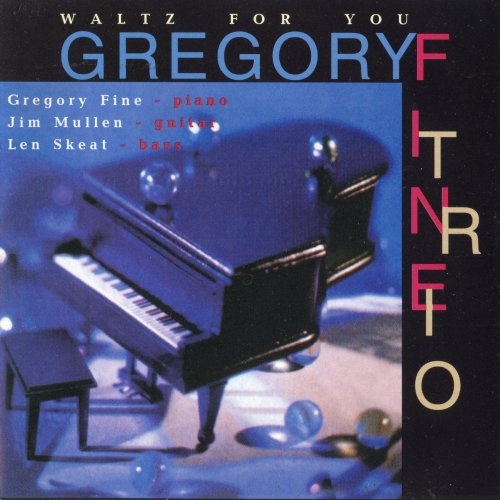
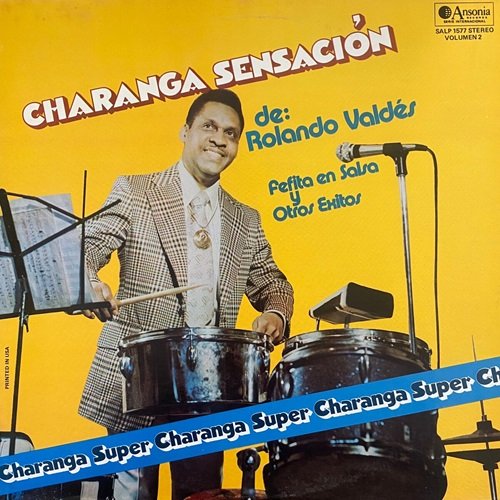
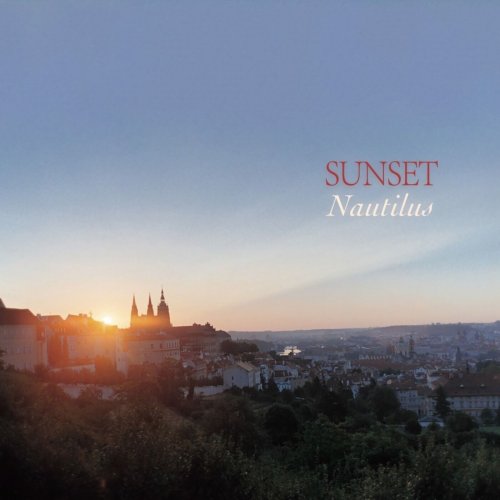
![TO DIE ON ICE - PANORAMICA DEGLI ABISSI (2026) [Hi-Res] TO DIE ON ICE - PANORAMICA DEGLI ABISSI (2026) [Hi-Res]](https://img.israbox.com/img/2026-03/04/i035cvi4fbzbe1ld0i5vri7gk.jpg)
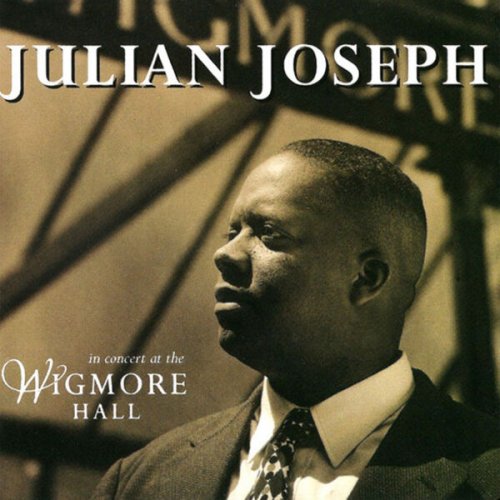

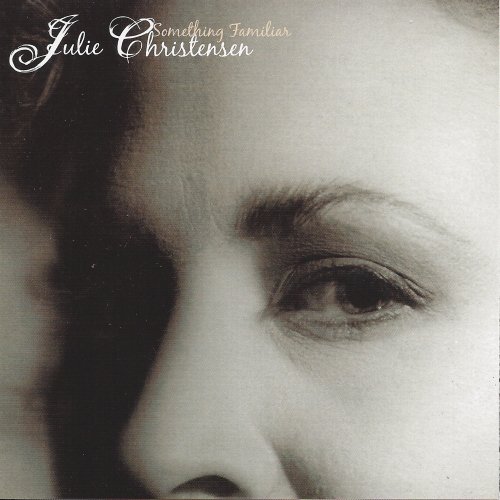
![Charlie Jung - Kailash Band (2026) [Hi-Res] Charlie Jung - Kailash Band (2026) [Hi-Res]](https://www.dibpic.com/uploads/posts/2026-03/1772463390_cover.jpg)
